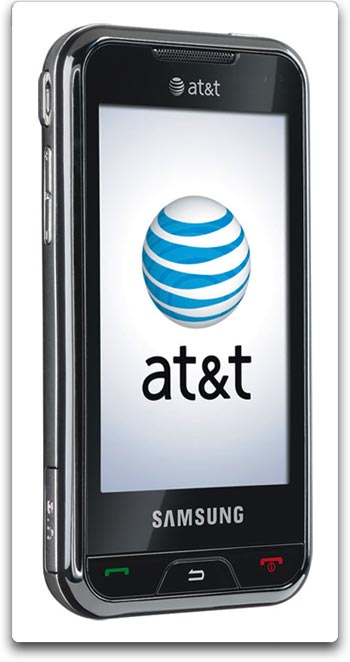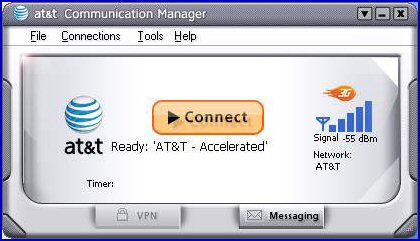 Top Class Action Lawsuits
Top Class Action Lawsuits
PayPal no pal of small charities? Maybe… The online payment processor got hit with a consumer fraud class action lawsuit this week, claiming the company’s charitable arm takes funds from donors for various causes but fails to make the donations unless the charity had set up several accounts. Nice.
The complaint was filed by Friends For Health, a nonprofit supporting the North Shore Health Center in Highland Park, Illinois, and one of 10 charities that plaintiff Terry Kass attempted to donate.
The Paypal lawsuit claims that the funds donated were never received by the charities as the PayPal Giving Fund took control of the money and donated it to organizations of its choosing. The lawsuit asserts that PayPal did this because the charities chosen by Kass hadn’t set up the requisite PayPal accounts.
Specifically, the lawsuit states “On its face, PayPal Giving Fund is an admirable endeavor; however, in practice, it falls woefully short of that mission on numerous fronts.” And: “PayPal Giving Fund is currently listing charities on its website that are not registered to receive donations, failing to inform donors that unregistered charities will not receive their donations, failing to notify unregistered charities that donations have been made to them and redirecting unclaimed donations from the intended unregistered recipient charities to organizations of their own choosing without notice to the donor or intended recipient.”
According to the complaint, while many large charities have established PayPal Giving Fund accounts, hundreds of thousands of smaller charities have not. PayPal Giving Fund platform was established by PayPal in 2013 to make it easier for their customers to donate money to their favorite charities.
If a PayPal customer’s chosen charities don’t establish accounts and fail to claim the donations within six months, PayPal doesn’t inform them that an attempted donation has been made, according to the complaint. Rather, PayPal’s charitable platform “surreptitiously” donates the money without regard to the customer’s donation wishes, the complaint states.
The case is Friends for Health: Supporting the North Shore Health Center et al. v. PayPal Inc. et al., case number 1:17-cv-01542, in the U.S. District Court for the Northern District of Illinois.
Text in any language… This week’s Telephone Consumer Protection Act (TCPA) class action was filed against AT&T alleging the company has violated the TCPA by sending unsolicited spam text messages in Spanish, to people’s cellphones. No!
Filed by plaintiff Ali Gadelhak, who is not an AT&T customer, the AT&T text lawsuit claims that AT&T used an automated dialing service to deliver text messages to Gadelhak’s cellphone, knowing they were doing so and without his prior consent, which is in direct violation of the TCPA.
Gadelhak alleges the messages caused harm in numerous ways, including by diminishing the battery life of his cellular phone and wasting its data storage capacity.
“Defendant has caused plaintiff and members of the putative class actual harm, not only because consumers were subjected to the aggravation, waste of time and invasion of privacy that necessarily accompanies mobile spam, but also because consumers frequently have to pay their cellphone service providers for the receipt of such spam,” the complaint states. According to the suit, Gadelhak received a text message from AT&T on July 15 that was in Spanish and which asked him to participate in a customer satisfaction survey. Gadelhak isn’t an AT&T customer and doesn’t speak Spanish.
Gadelhak claims he responded to the text message twice, asking the sender to identify himself or herself. However, he then received more survey questions in Spanish that appeared to be automated. According to the complaint, Gadelhak’s cellphone number has been registered on the National Do Not Call Registry since May 23, 2014.
Gadelhak is seeking actual damages of up to $500 and treble* damages up to $1,500 per class member for every call that violated the TCPA. Further, Gadelhak is asking for certification of a subclass of individuals who received the text message specifically asking recipients to complete the customer satisfaction survey.
The case is Ali Gadelhak v. AT&T Corp., case number 1:17-cv-01559, in the U.S. District Court for the Northern District of Illinois.
*What the heck is ‘treble damages’, you ask? Good Q. It’s when a statute permits a court to triple the amount of the compensatory damages to be awarded; treble damages are a multiple of, and not an addition to, actual damages.
Top Settlements
Airbag settlement in the works… Here’s the blockbuster this week—this year and possibly this century—at least so far. But, not everyone is happy.
Takata Corporation agreed to pay $1 billion to settle multi-district litigation this week. In case missed this—the allegations are that the airbag manufacturer was aware of the fatal defect with its airbags but sold them anyway. At least 11 deaths have been linked to the airbags, which can explode due to a design defect.
According to the proposed airbag settlement terms Takata will plead guilty to wire fraud. However, Plaintiffs have objected to the proposed deal on the grounds that it doesn’t address the culpability of TK Holdings Inc., Takata’s US, subsidiary, and that the Department of Justice had been misled in its investigation.
Additionally, Takata has agreed to pay a $25 million criminal fine and will establish a $125 million restitution fund for people who were injured or will be injured by a malfunctioning Takata air bag inflator.
Automobile manufacturers will also benefit from the deal, with the creation of an $850 million fund to benefit for automakers who received the falsified data and reports or who purchased the potentially dangerous inflators.
The cases are United States of America v. Takata Corp., case number 2:16-cr-20810, in the U.S. District Court for the Eastern District of Michigan, and In re: Takata Airbag Products Liability Litigation, case number 1:15-md-02599, in the U.S. District Court for the Southern District of Florida.
Good thing Takata may be putting this one behind them as they’ll need to focus on the latest airbag recall: Ford just issued a recall for about 32,000 2016-2017 Ford Edge, 2016-2017 Lincoln MKX and 2017 Lincoln Continental vehicles. The affected models have built dates between November 11, 2014 and February 15, 2017. Why? If the front driver airbag deploys, the airbag might only partially fill—or its cushion might also separate from the airbag module. Not the best situation in an accident…
According to reports, Ford will notify owners of the issue and have them return to dealerships for installation of a replacement part to correct things.
Onwards….
Ok – That’s a wrap for this week. See you at the bar!








 Top Class Actions
Top Class Actions Top Class Actions
Top Class Actions